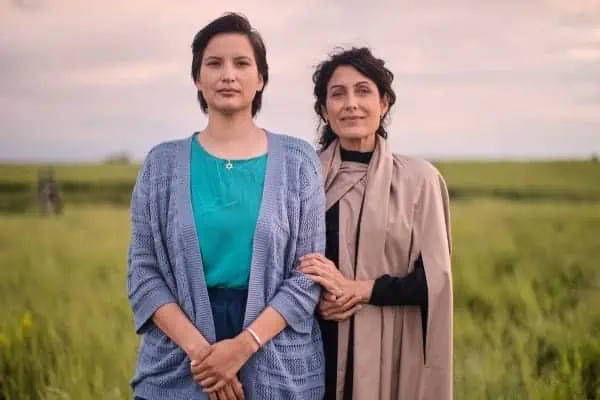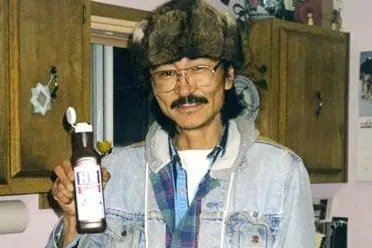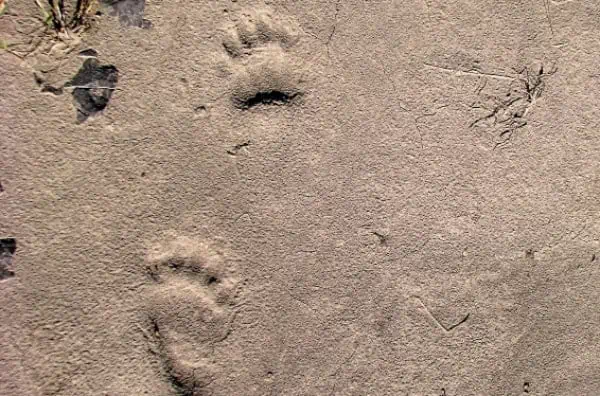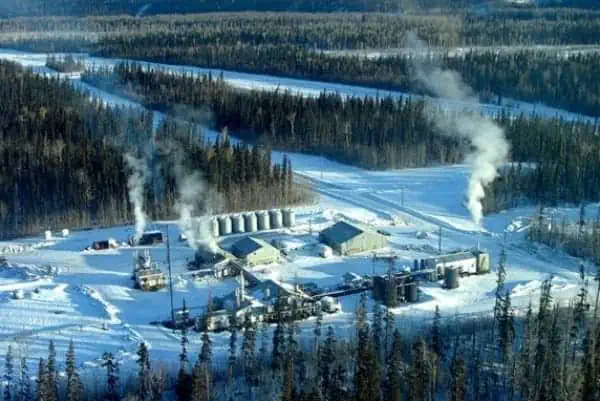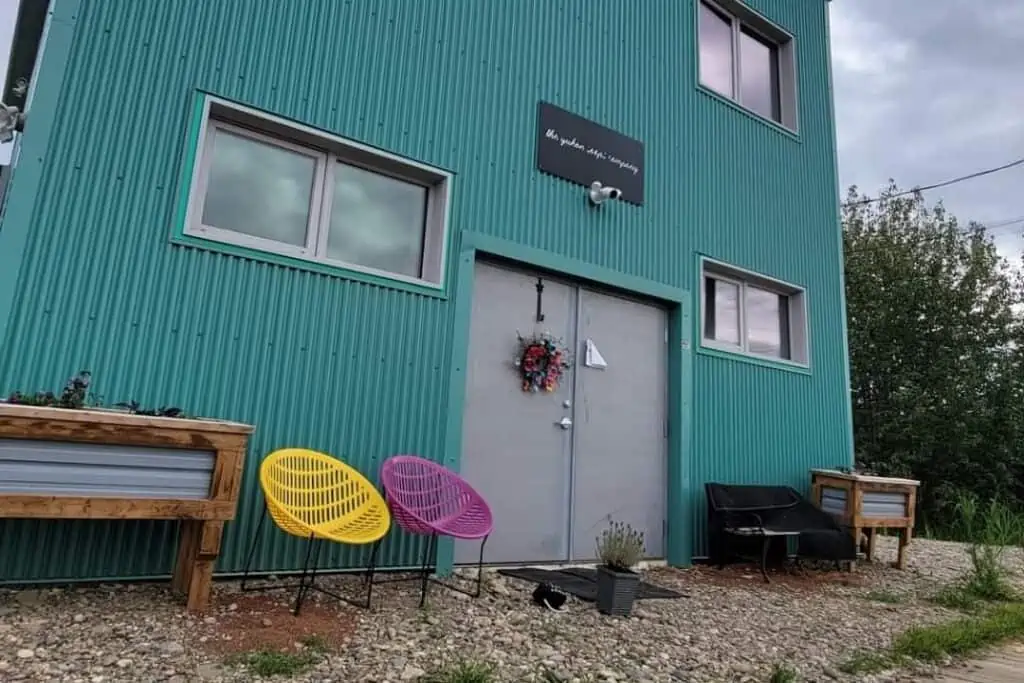
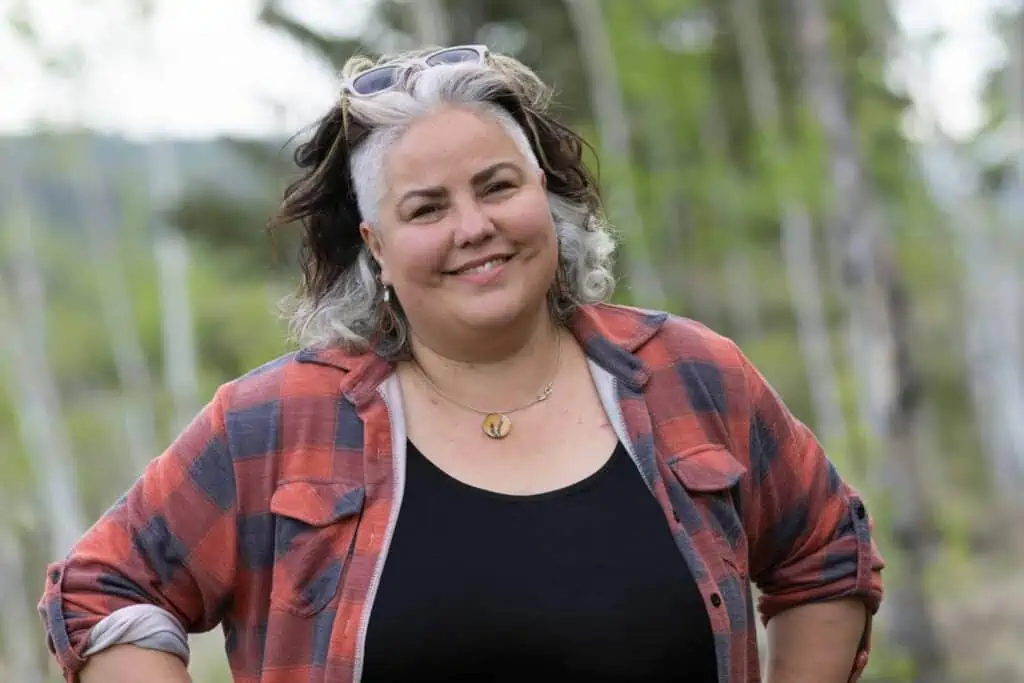
It has been a big year for Joella Hogan. Hogan has owned The Yukon Soaps Company, in Mayo (the heart of the Yukon), since 2012. She is a member of Na-Cho Nyäk Dun.
It all started in the basement of her house where she would make soap on weekends. Ten years later, it has developed into a big company with its own place—Raven’s Landing. The business moved into the space in downtown Mayo last June. Hogan faced some challenges on the way. In the documentary More Than Gold, she shares them with the audience: “They literally laughed at me,” was her experience when it came to finding a bank that would give her a mortgage.
“I had a plan for growth, how much space did I need and what was the future of my business,” Hogan said. “But I also looked at what the other needs were in my community, which is why I included housing in the building, both long-term and shorter term, which are critical needs. It takes a village to raise a child, or build a business.” The space at Raven’s Landing was designed by Alanna Quock of Regenerative Design of the Tahltan Nation, built by Justin Van Fleet of Van Fleet Construction, and Tr’ondëk Hwëch’in and herself.
Her business is holistic. It’s not only about making soaps. “I wanted to be a part of reclaiming the economy down the river. It’s about occupying the land and spaces that were taken away from us,” she said in the documentary.
How did the documentary come to be? The Bank of Montreal (BMO), which gave her the mortgage, asked her to make a film about her business. “They wanted to help me share the story about my small business. It started off as a smaller initiative, but once they arrived in the Yukon, [they] spent time on the land with me and community members [and] hung out with Elders, listening to their stories,” Hogan said.
“They realized that they could help me to tell a more accurate story of the North and central Yukon. I take an active role in rewriting and re-righting our stories, ensuring that it is what we want the world to know about us. Our culture is rich, our people are resilient and we are stronger when we are connected to each other through language, culture and land-based activities.”
She said that she is using her products to share stories of the North. Hogan is sharing the language with her business using Northern Tutchone Words.
“We forage together. It’s so important for women to spend time together on the land.”
Share the language with the business, she added, pointing out Northern Tutchone Words: Ihtsu means grandmother in the Northern Tutchone language. The soaps are made with plants, according to cultural protocol, as well. Hogan is using Labrador Tea or juniper berries for her products, and by reconnecting with community, Elders and language, she can get support from her community. By using plants from the land and infusing them into the products, it became the stories of the land, she said.
“Using knowledge from the Elders, making soap is one small part of it. Soap making is the easiest part of the business; it’s the rest of it.”

